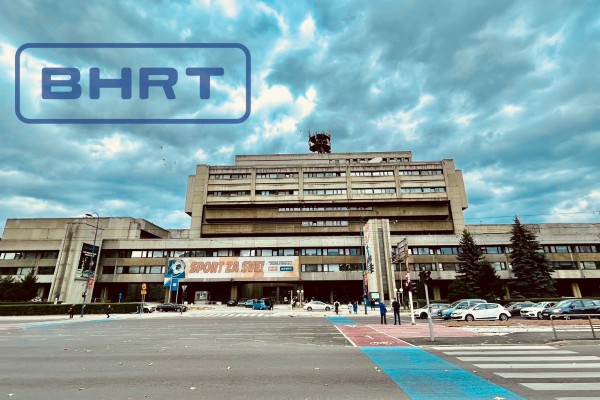A Russian journalist charged with slander over his reporting on a deadly 17 August explosion at Russia’s largest hydroelectric plant was beaten unconscious on Wednesday by two unidentified men in his south-Siberian hometown of Abakan, according to news reports.
In reporting on the dam disaster, Mikhail Afanasyev, editor-in-chief of the online journal Novy Fokus, published articles based on eyewitness and insider accounts in which he criticised the authorities for not doing enough to find survivors.
The death toll from the Sayano-Shushenskya disaster yesterday climbed to 74, with one dam worker still missing.
Prosecutors summoned Afanasyev less than 24 hours after he published his critical articles, and charged him with slander.
At the time, IPI spoke out against the charges, which prosecutors dropped on 1 September without explanation.
The journalist told Moscow-based radio broadcaster ‘Ekho Moskvy’ that he was walking near his home when the men jumped him.
After hitting him, one of the men allegedly asked the other, “Is this him?” The second man allegedly replied: “Yes.” Both men then carried on beating Afanasyev until he passed out.
Afanasyev believes his recent reporting on the Sayano-Shushenskya hydroelectric dam disaster motivated the attack, according to media interviews with the journalist.
Afanasyev’s articles also stirred anger among some members of the general public, Radio Free Europe reporter Elena Blasenko told IPI.
“An online war of words started for and against his ideas,” said Blasenko, explaining how Afanasyev’s departure from official explanations of events provoked animosity from some.
“These included lots of nasty comments and reactions in blogs, and some family members of victims – understandably shaken by the events – rejected his opinions in interviews with journalists.”
Afanasyev also started an online community, in which he posted his suggestions on how the rescue efforts could be more efficiently conducted, said Blasenko.
“This violent and unprovoked attack on Afanasyev typifies the kind of danger critical journalists in Russia are subjected to,” said IPI Director, David Dadge. “The authorities were very quick to bring unwarranted charges against Afanasyev over his reporting, which made him a lightning rod for criticism of the authorities during the disaster. We hope they will be equally eager to pursue his attackers.”


